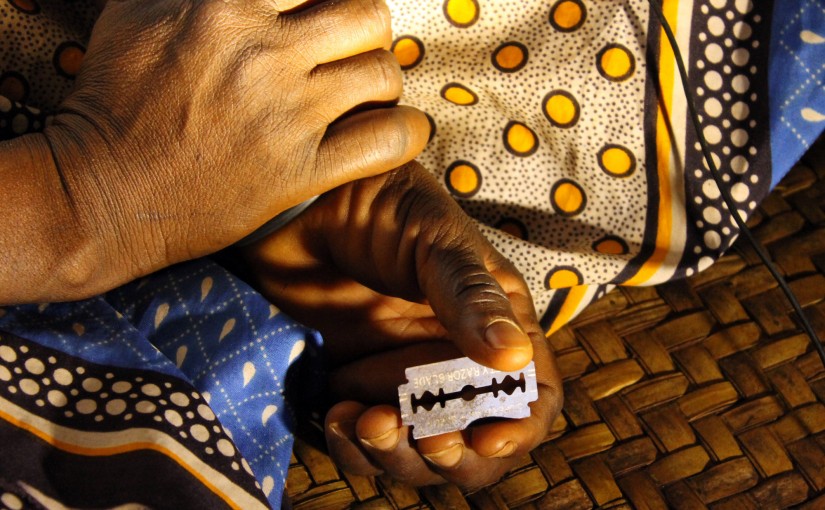Jacinto Mathe earns doctorate at Oxford, becomes Mozambique’s first PhD in Palaeoanthropology: ...
End practice of female genital mutilation: UN chief

File photo
Making a call to end the practice female genital mutilation (FGM) that reflected deep rooted inequality between the sexes, ahead of the International Day of Zero Tolerance to Female Genital Mutilation, February 6, UN Secretary-General said, “Sustainable development demands full human rights for all women and girls. The 2030 Agenda for Sustainable Development promises an end to this practice by 2030.”
This year, the observance has the theme “Building a solid and interactive bridge between Africa and the world to accelerate ending FGM by 2030.” Accordingly, the FGM is being seen as all the procedures that involve altering or injuring the female genitalia for non-medical reasons and is recognized internationally as a violation of the human rights of girls and women.
Of late, the focus of the UN agencies is on ‘protecting women and girls from female genital mutilation using a human rights-based and culturally sensitive approach’.
According the UN, the practice FGM which is predominantly practiced in the Muslim countries ‘reflects deep-rooted inequality between the sexes, and constitutes an extreme form of discrimination against women and girls’.
The practice also violates their rights to health, security and physical integrity, their right to be free from torture and cruel, inhuman or degrading treatment, and their right to life when the procedure results in death, holds the UN.












Leave a Reply
Be the First to Comment!
You must be logged in to post a comment.
You must be logged in to post a comment.